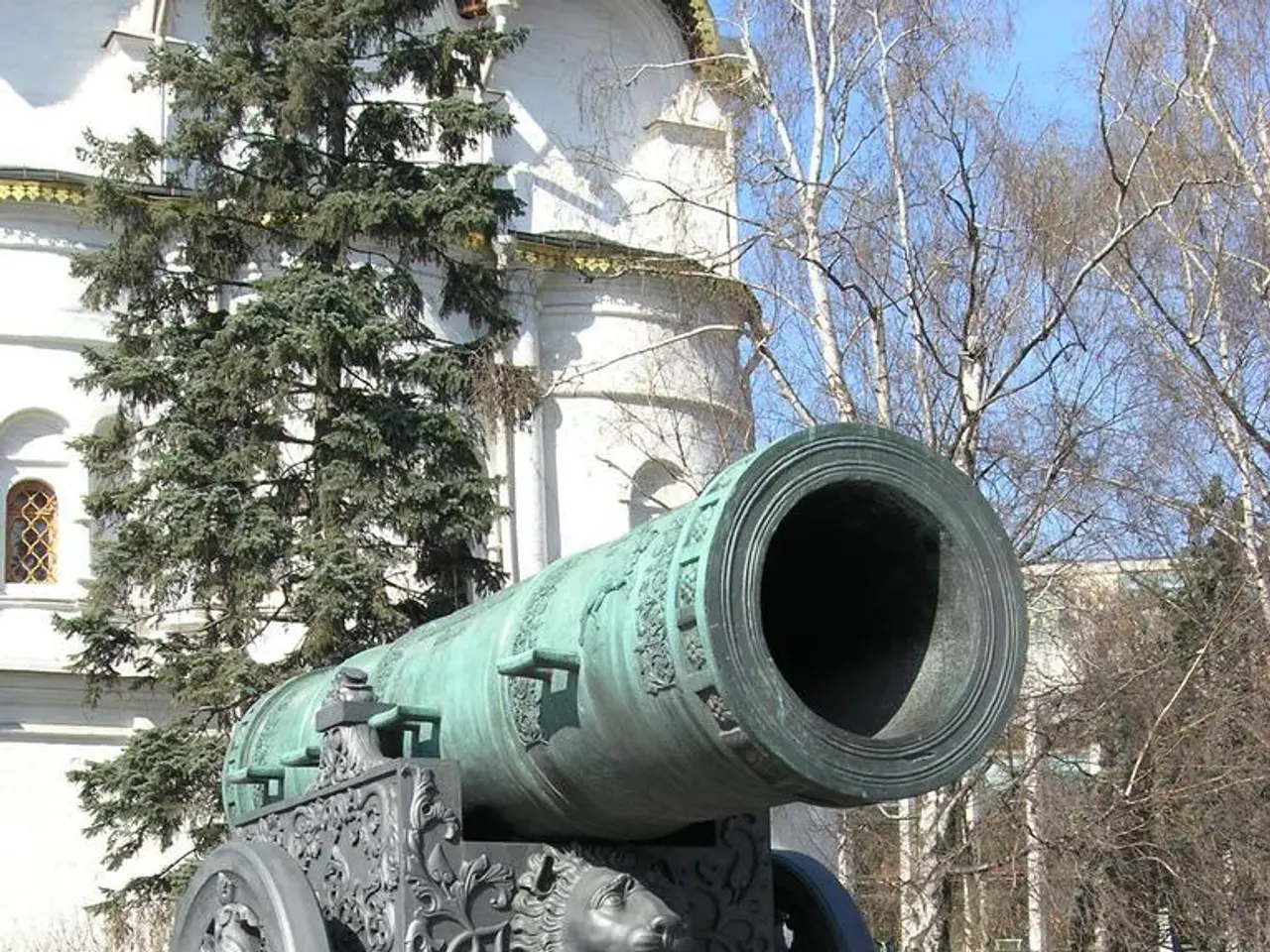Russia's Persistent Long-Term Trajectory
In the current geopolitical landscape, the relationship between Russia and China has evolved significantly, moving away from the historical tensions that have marked their interactions. Today, Moscow and Beijing share a strong and mutually reliant bond, a far cry from the brittle alliance some Western capitals may perceive.
Russia, a vast country spanning 11 time zones from west to east, shares the world's longest land border with China. This geographical proximity has led to concerns in Moscow over potential threats from the 1.4 billion Chinese living just south of the border. However, fears of a threat from China to Siberia appear increasingly unfounded.
Siberia, with its abundant natural resources and expanding agricultural potential, is a strategic priority for Moscow. The region's importance stems not from its proximity to Europe, but from its potential resources and agricultural expansion. This strategic priority is driven by concerns about potential threats from China, rather than a desire to reclaim lost territories in Europe.
Historically, the relationship between Russia and China has been tense, particularly following Russia's annexation of some Chinese territories in the late 19th century. However, the collapse of the Soviet Union in the 1990s marked a turning point, with the relationship between Moscow and Beijing significantly improving. This improvement has been further bolstered by the full-scale invasion of Ukraine by Russia in 2022, with China acting as a key supporter of Russia during the conflict. Since then, their cooperation has deepened, with over 20 agreements signed in fields like energy, aviation, AI, and agriculture, demonstrating an unprecedented high level of partnership and mutual support.
In contrast to the Czarist era, when the Russian elite was culturally oriented toward Europe, and the country expanded westward, Russia's current political doctrine includes a pivot to Asia. This shift is evident in Russia's efforts to rebuild its relations with China, while also seeking to reclaim lost territories in Ukraine and the Baltics.
Both Russia and China are facing demographic challenges. China, like Russia, is currently experiencing a rapid demographic decline. Despite these challenges, the relationship between Moscow and Beijing at the government level remains very strong. The idea of driving a wedge between Russia and China, a reversal of the alignment achieved by President Richard Nixon and Henry Kissinger in the 1970s, seems unlikely at present.
However, there is ongoing concern in Moscow over NATO's strong presence in neighboring countries. This concern is not directly related to the potential threat from China to Siberia, but rather a reflection of Russia's broader geopolitical concerns. The Kremlin perceives Siberia as a region that could be threatened by spillover from these conflicts.
In conclusion, the relationship between Russia and China has evolved significantly over the years, moving away from the historical tensions that have marked their interactions. Today, Moscow and Beijing share a strong and mutually reliant bond, with Siberia being a strategic priority for Russia due to concerns about potential threats from the 1.4 billion Chinese living just south of the border. Despite the ongoing concerns, the relationship between the two countries remains strong, with both nations looking towards a future of cooperation and mutual support.
Read also:
- United States tariffs pose a threat to India, necessitating the recruitment of adept negotiators or strategists, similar to those who had influenced Trump's decisions.
- Weekly happenings in the German Federal Parliament (Bundestag)
- Southwest region's most popular posts, accompanied by an inquiry:
- Discussion between Putin and Trump in Alaska could potentially overshadow Ukraine's concerns








